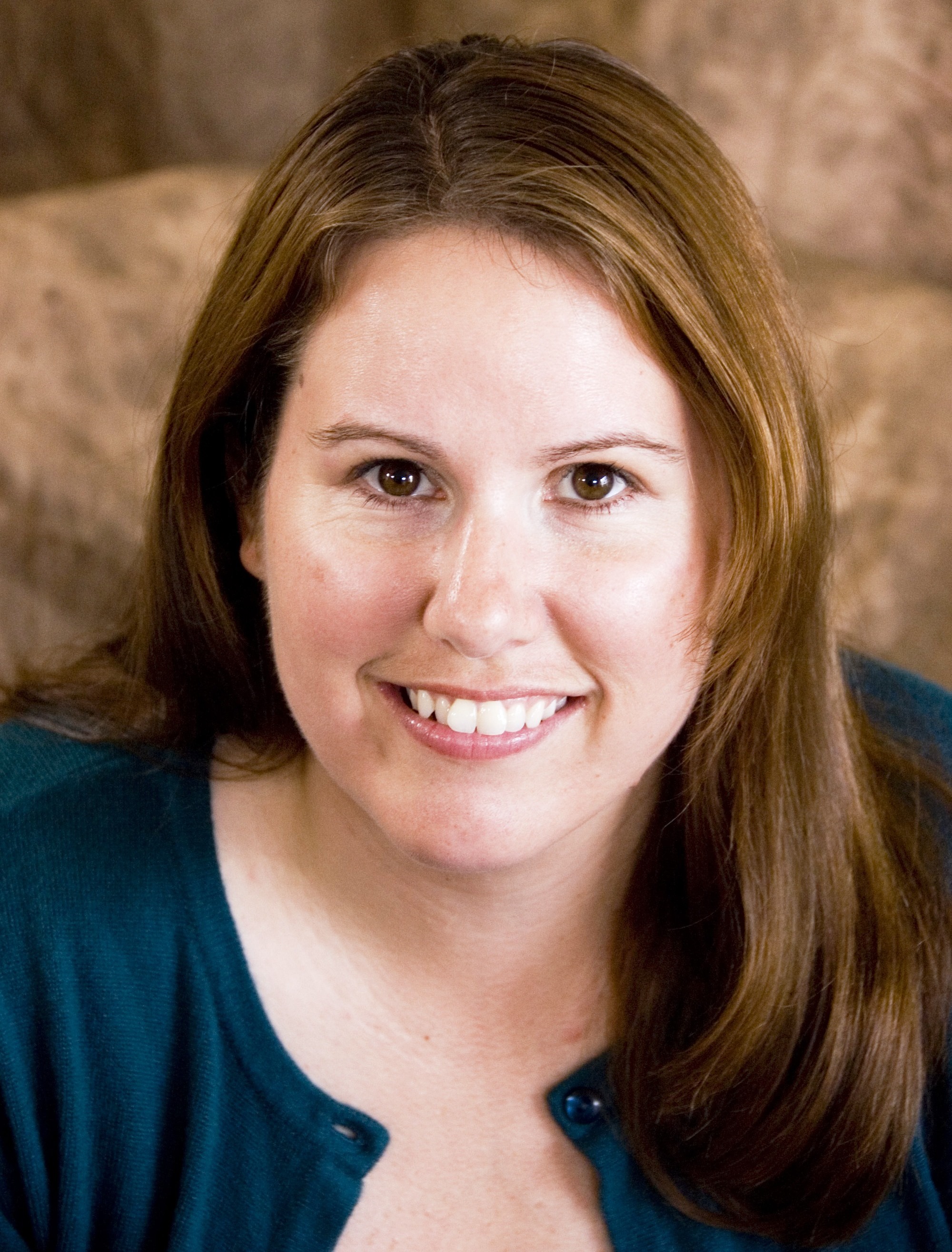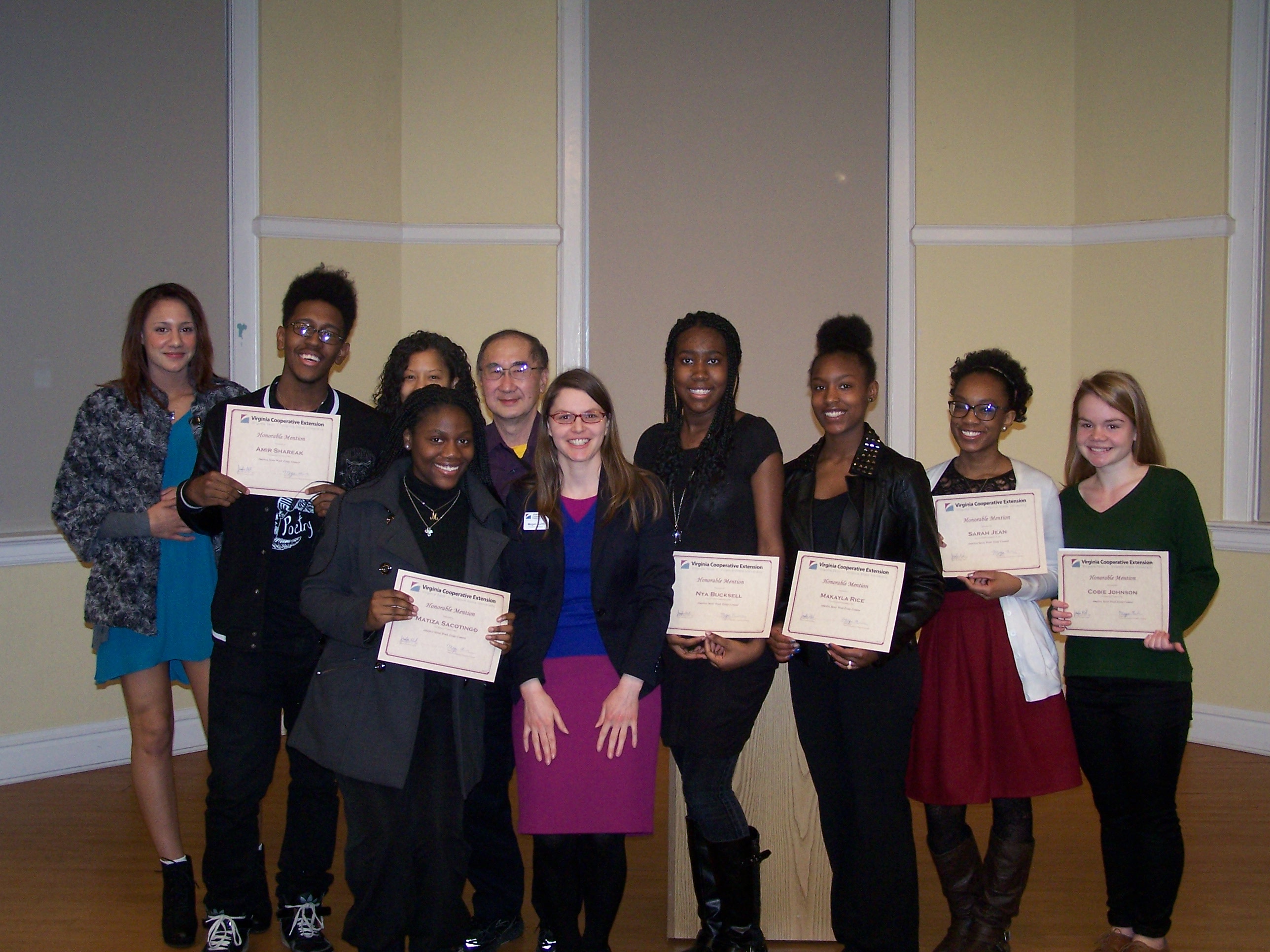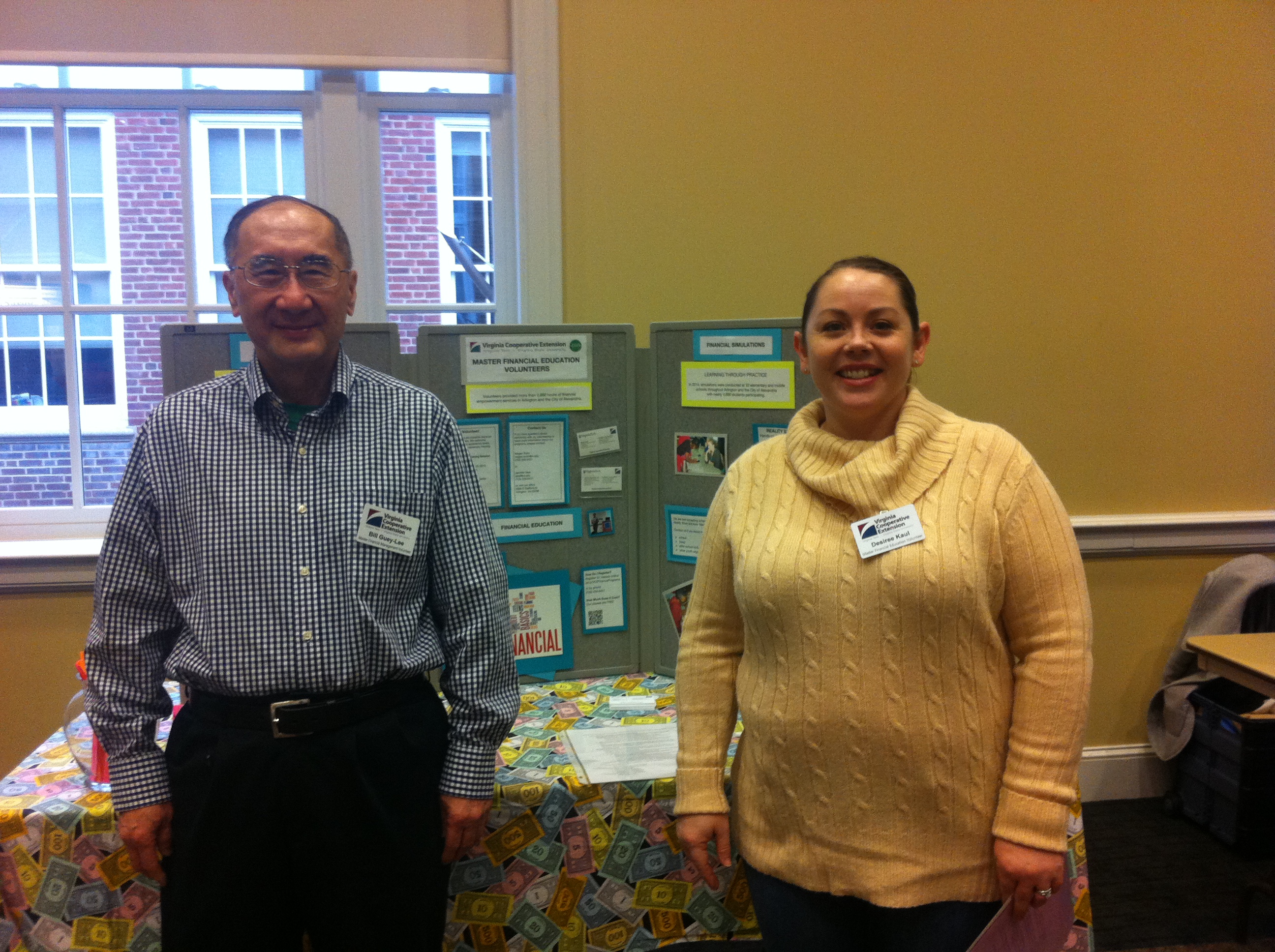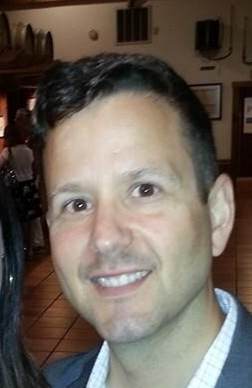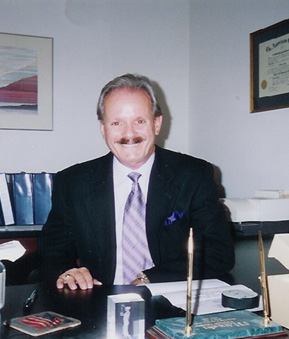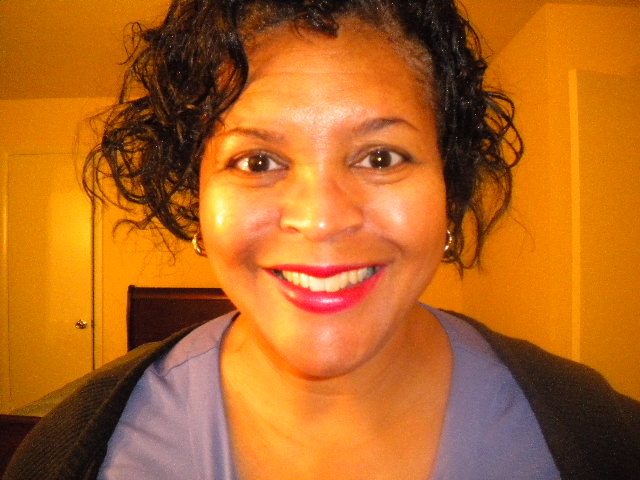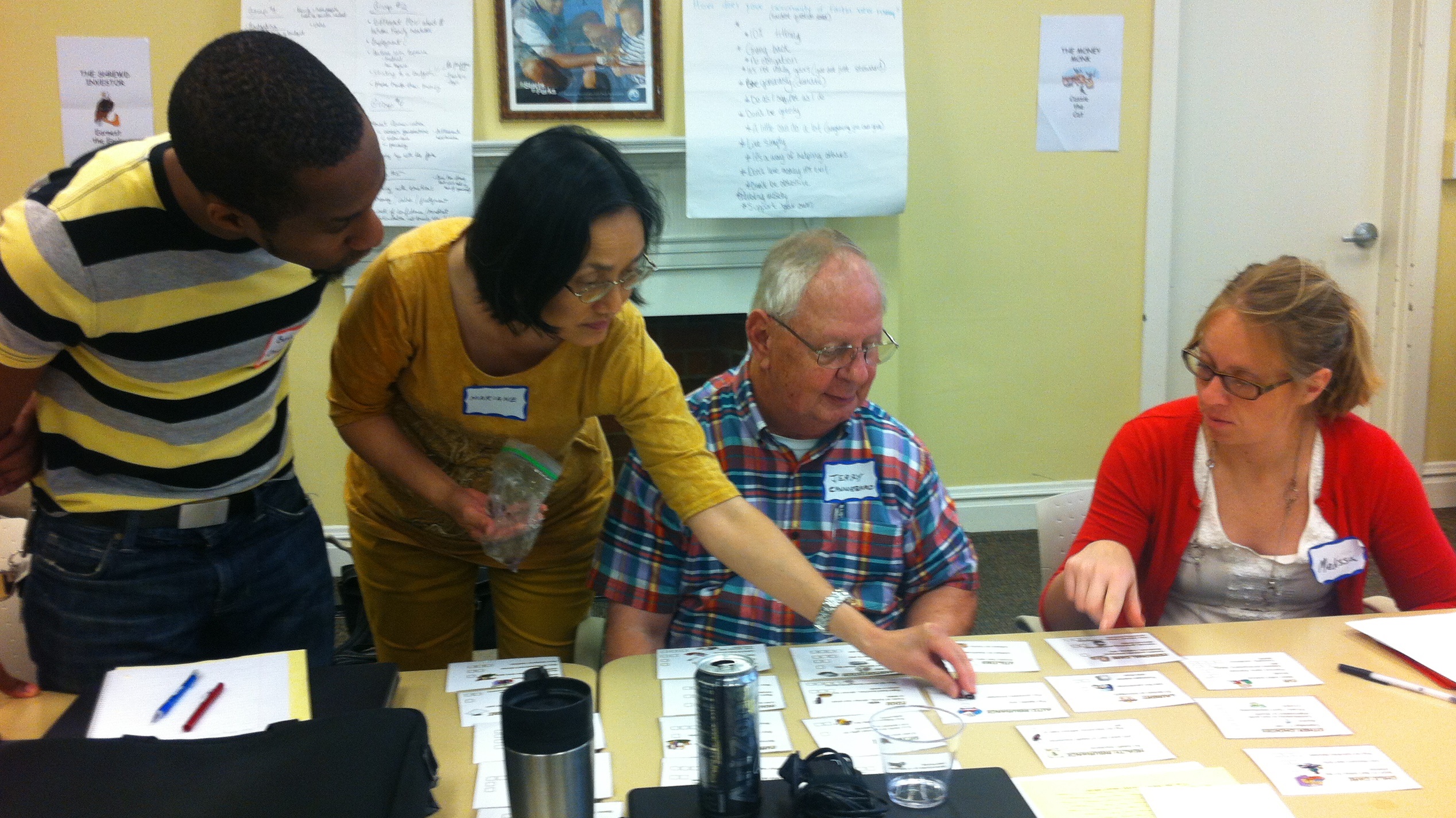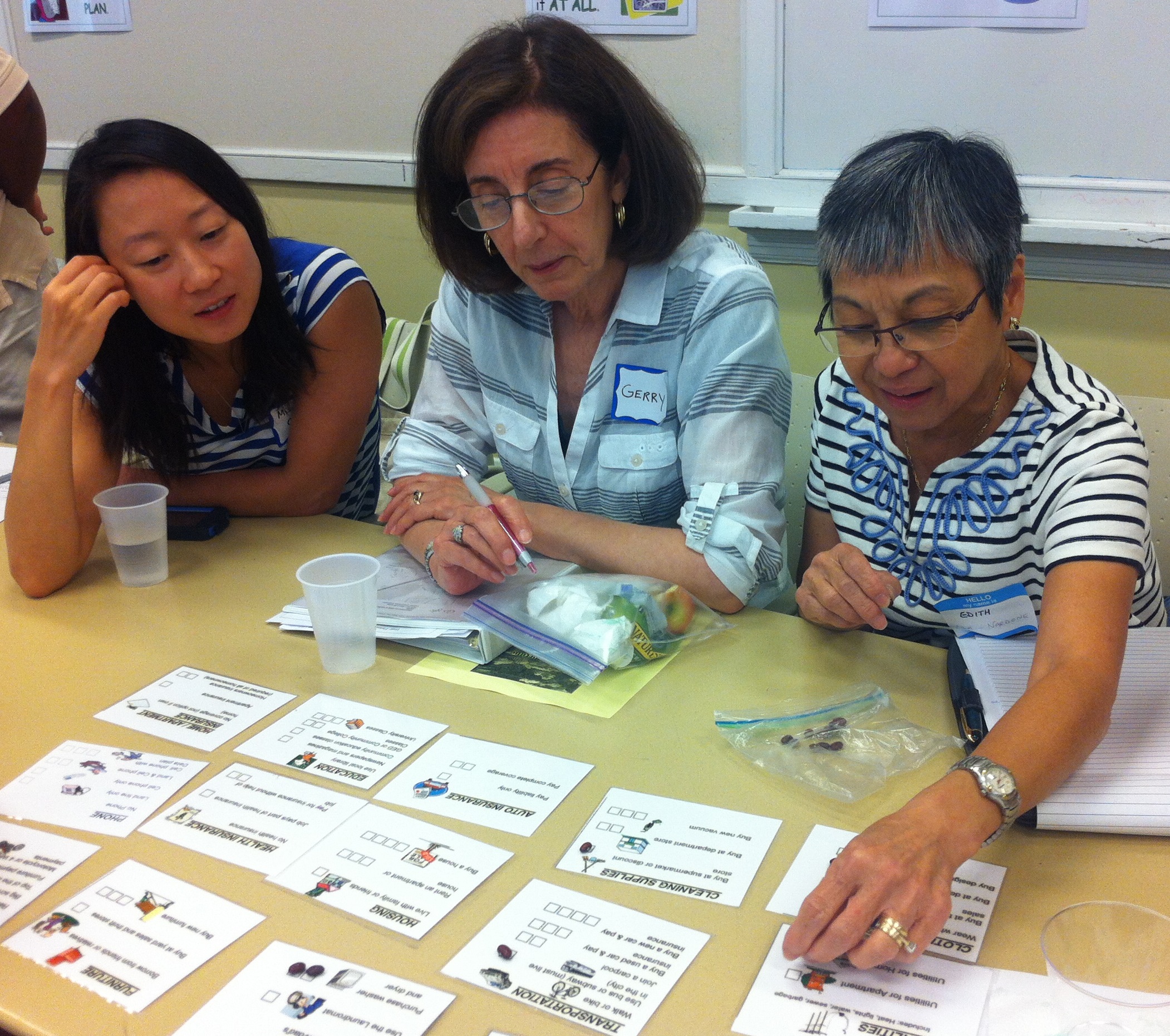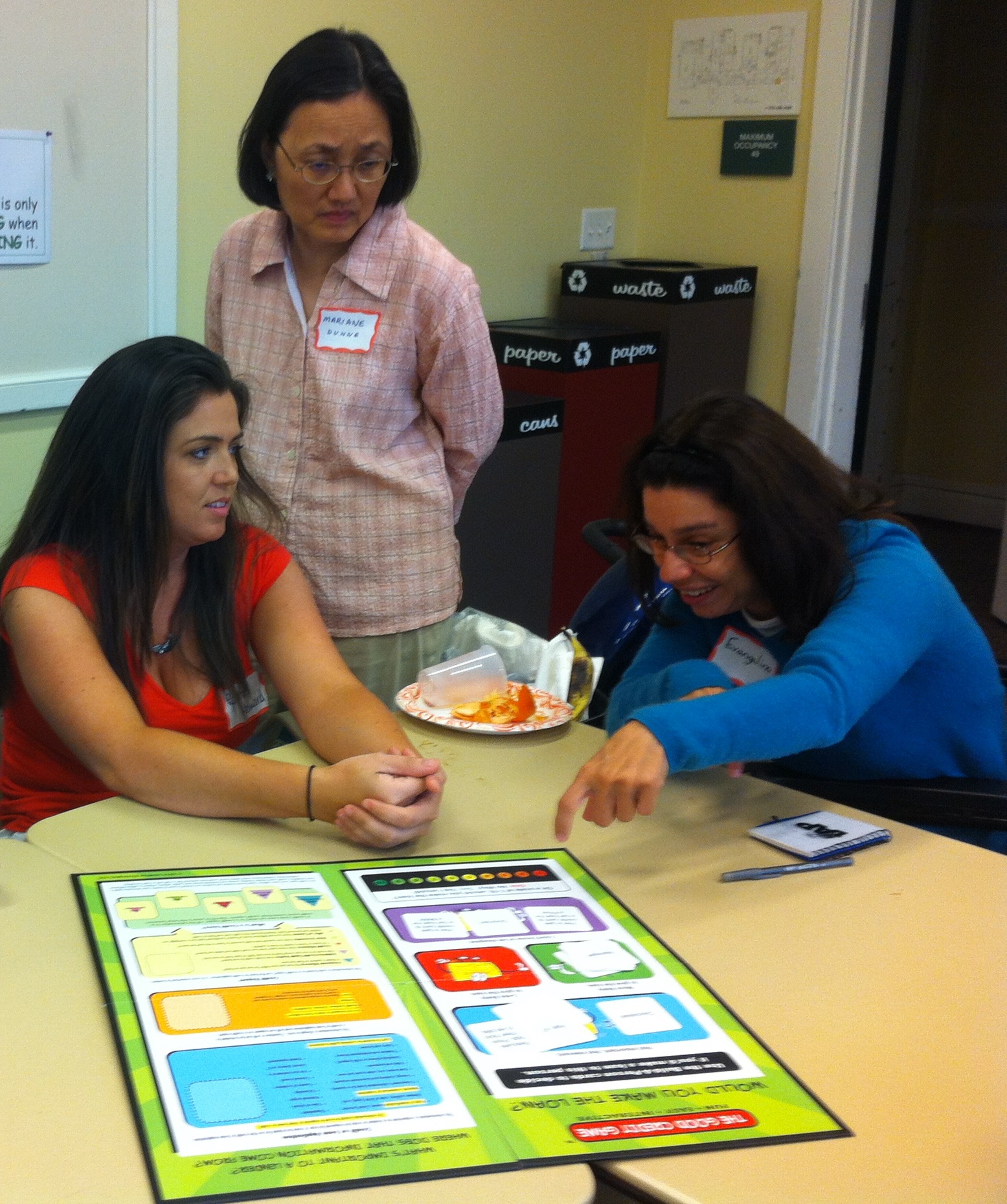Our volunteers rock. Want proof? Meet Star Henderson
Name: Star Henderson
Lives: Falls Church, Va.
Works: Accredited Financial Counselor candidate and aFINRA Investor Education Foundation Military Spouse Fellow
Master Financial Education Volunteer Since: September 2014
Star Henderson provided invaluable behind-the-scenes help for our Northern Virginia Saves campaign. She created colorful graphics and scheduled 40 plus social media posts on our Facebook and Twitter accounts. She represented us in a Twitter chat with Arlington Community Federal Credit Union and The Centsables. The chat covered how to teach children about savings. This is just her behind-the-scenes volunteering! Henderson coaches clients, leads credit counseling and teaches classes.
Q: What would other volunteers be surprised to learn about you?
A: I’m a very introverted person who has to force myself to get out and to teach.
Q: What do you like to do fun?
A: Ride motorcycles with my husband and hang out with my kids.
Q: What is the hardest thing about being a financial coach?
A: Not doing something for the client and making sure the skills you’re teaching are sticking with the client. Sometimes we want to fix people, but we need to empower people to do it on their own.
Q: How did you handle pressure to do work for the client?
A: I’ve had clients who didn’t have a checkbook register. We were trying to balance their checkbook against their bank statements. I literally had to make sure I wasn’t writing down information for them. It would have taken me 5 minutes to write it in their register, but that wouldn’t have taught them anything.
Q: What is your favorite part of being a financial coach?
A: Making our clients believe they can manage their finances. The clients I have, their husbands always plan finances. The success story is that I’ve turned the women’s thinking around, and they are trying because they believe they can manage their finances.
Q: What do you know now that you wish you’d know when you first started volunteering?
A: There’s a wealth of knowledge throughout the volunteers. They are all very eager to help. Ask other volunteers about their experiences and don’t be afraid to ask questions.
To nominate a Master Financial Education Volunteer for the spotlight, please email Megan Kuhn at Megan.Kuhn@vt.edu.

